Home>Garden Essentials>How To Use Coriander Seeds
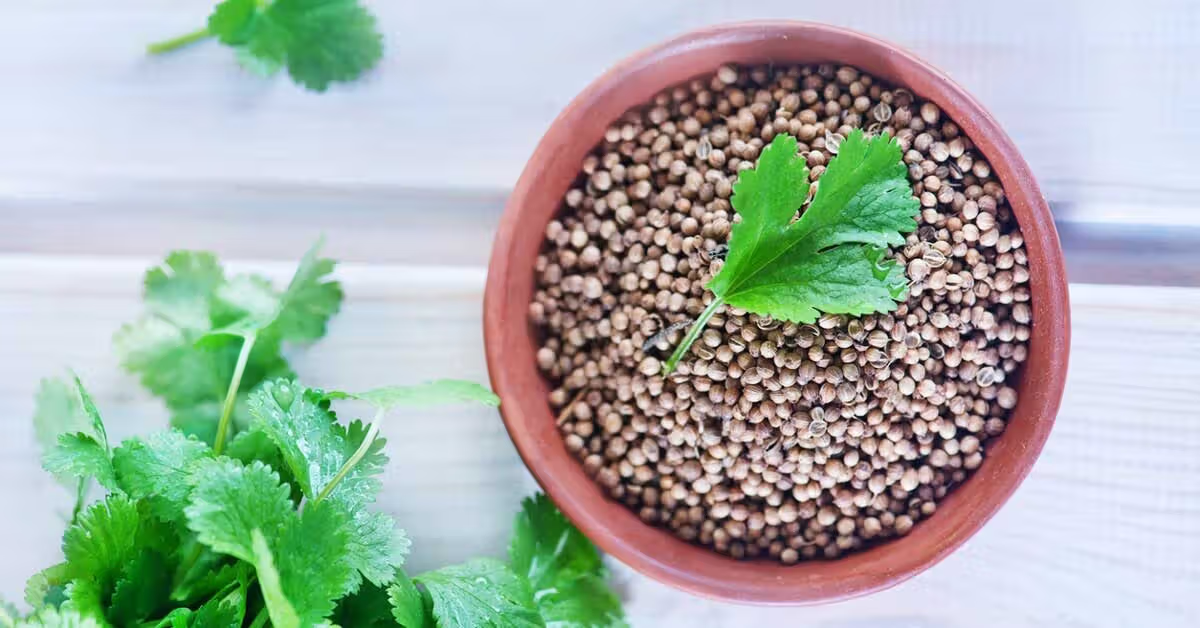

Garden Essentials
How To Use Coriander Seeds
Modified: August 19, 2024
Looking for ways to use coriander seeds in your garden? Discover helpful tips and ideas to effectively utilize coriander seeds for your gardening needs.
(Many of the links in this article redirect to a specific reviewed product. Your purchase of these products through affiliate links helps to generate commission for Storables.com, at no extra cost. Learn more)
Introduction
Coriander seeds are the dried seeds obtained from the coriander plant, scientifically known as Coriandrum sativum. With a warm, citrusy, and slightly nutty flavor, coriander seeds are commonly used in various cuisines around the world. Apart from adding a delightful taste to dishes, these seeds are also known for their numerous health benefits.
In this article, we will explore the culinary uses of coriander seeds and highlight their role in spice blends, pickling, and even tea. Furthermore, we will delve into the natural remedies that coriander seeds offer, including their digestive aid, antioxidant properties, anti-inflammatory benefits, and cholesterol management capabilities.
Whether you are an avid cook or someone interested in natural remedies, coriander seeds are a versatile ingredient that should find a place in your pantry. Let’s dive into the world of coriander seeds and discover how to make the most of their flavors and health benefits.
Key Takeaways:
- Coriander seeds are versatile, offering a unique flavor to dishes and potential health benefits such as aiding digestion, reducing inflammation, and managing cholesterol levels.
- Whether used in cooking or herbal teas, coriander seeds provide antioxidant properties and may support heart health, making them a valuable addition to culinary and wellness routines.
Read more: What To Use Coriander Seeds For
Culinary Uses
Coriander seeds are a staple in many culinary traditions due to their versatile nature and distinct flavor. Here are some of the common culinary uses of coriander seeds:
1. Seasoning: Coriander seeds are often dry-roasted and ground to add a unique flavor to dishes. They can be used to season meats, vegetables, soups, and stews. Just a pinch of ground coriander can elevate the taste of your favorite recipes. 2. Curries and Spice Blends: Coriander seeds are a key ingredient in many curry powders and spice blends. They add a warm and aromatic touch to these blends, enhancing the overall flavor profile. 3. Baking: Ground coriander seeds can be a delightful addition to baked goods such as bread, cakes, and cookies. They impart a subtle citrusy and spicy undertone, making your treats more intriguing. 4. Marinades and Rubs: Coriander seeds can be crushed and mixed with other spices to create flavorful marinades and rubs for meat and fish. The combination of coriander, garlic, and other spices can infuse your protein with a burst of deliciousness. 5. Garnish: Whole coriander seeds, whether toasted or not, can be sprinkled as a garnish on various dishes to add visual appeal and a hint of flavor. They are often used as a finishing touch on salads, soups, and roasted vegetables. 6. Pickling: Coriander seeds are a popular ingredient in pickling brines. They contribute a tangy and slightly spicy note, enhancing the flavor of pickled vegetables like cucumbers, carrots, and onions. 7. Tea: Coriander seeds can be used to make a flavorful and aromatic herbal tea. Simply steep a teaspoon of crushed coriander seeds in hot water for a few minutes, strain, and enjoy a calming cup of coriander tea with a hint of citrus. With their versatility and distinct flavor, coriander seeds can elevate the taste of a wide variety of dishes. Whether you are experimenting in the kitchen or adding a finishing touch, these seeds are sure to enhance your culinary creations.
Spice Blends
Coriander seeds play a significant role in various spice blends, adding depth and complexity to dishes. Here are a few popular spice blends that incorporate coriander seeds:
1. Garam Masala: A staple in Indian cuisine, garam masala is a spice blend that adds warmth and fragrance to curries, stews, and rice dishes. Coriander seeds, along with other spices like cumin, cardamom, and cloves, are ground together to create this aromatic blend. 2. Ras el Hanout: Originating from North African cuisine, Ras el Hanout is a complex spice blend made with a combination of coriander seeds, cumin, cinnamon, turmeric, ginger, and other flavorful spices. It adds a rich and exotic taste to tagines, couscous, and grilled meats. 3. Chili Powder: Coriander seeds are often found in chili powder blends, which are used to add heat and flavor to Mexican and Tex-Mex dishes. Along with dried chilies, cumin, and other spices, coriander contributes to the distinctive taste of chili powder. 4. Curry Powder: Coriander seeds are a fundamental ingredient in curry powder blends. Typically consisting of coriander, cumin, turmeric, and other spices, curry powder adds depth and Indian-inspired flavors to a wide range of dishes. 5. Berbere: A key component of Ethiopian cuisine, berbere is a fiery spice blend that incorporates coriander seeds, cayenne pepper, paprika, and a variety of other spices. It is commonly used in stews, lentil dishes, and grilled meats. When used in spice blends, coriander seeds add a warm and aromatic note that enhances the overall flavor profile of the dish. These blends not only provide unique taste experiences but also allow you to explore the rich culinary traditions of different cultures.
Pickling
Pickling is an age-old preservation method that involves immersing fruits or vegetables in a brine or vinegar solution. The addition of coriander seeds to pickling recipes can bring a delightful twist of flavor. Here’s why coriander seeds are a fantastic addition to pickling:
1. Enhanced Flavor Profile: Coriander seeds contribute a unique tangy and slightly spicy flavor to pickled vegetables. They complement the tartness of the brine, adding complexity to the overall taste. 2. Aroma: When coriander seeds are pickled, they release a pleasant aroma that infuses the surrounding ingredients, making the pickles more enticing. 3. Digestive Benefits: Coriander seeds are known for their digestive properties. When consumed in pickled form, they can aid in digestion and help relieve symptoms such as bloating and indigestion. 4. Antimicrobial Properties: Coriander seeds contain compounds that possess antimicrobial properties. Adding them to pickling brines may help inhibit the growth of harmful bacteria and extend the shelf life of the pickles. To incorporate coriander seeds into your pickling endeavors, consider the following ideas: – Quick Pickles: Add a teaspoon of crushed coriander seeds to a vinegar and water brine, along with your favorite vegetables like cucumbers, carrots, or onions. Allow them to pickle for a few hours or overnight for a quick and flavorful snack. – Indian-style Pickles: In Indian cuisine, coriander seeds are often used in traditional pickling recipes. They can be combined with spices like mustard seeds, fenugreek, and turmeric to create tangy and spicy pickles that can be enjoyed with meals. – Coriander Seed Relish: Crushed coriander seeds can also be mixed with vinegar, sugar, and a medley of herbs to make a delicious and tangy relish. This versatile relish can be used as a condiment for sandwiches, burgers, or grilled meats. With the addition of coriander seeds, pickling becomes a flavorful way to preserve and enjoy the freshness of your favorite vegetables. Let your creativity shine as you experiment with different pickling recipes and discover the unique taste that coriander seeds bring to the table.
Tea
Coriander seeds can be used to brew a delightful and aromatic herbal tea that offers both flavor and potential health benefits. Here’s how you can harness the power of coriander seeds to create a soothing cup of tea:
1. Preparation: To make coriander seed tea, start by crushing or lightly grinding the seeds to release their flavors and oils. This can be done using a mortar and pestle or by gently crushing them with the back of a spoon. 2. Brewing Method: Measure out approximately one teaspoon of crushed coriander seeds for every cup of tea you wish to make. Place the seeds in a teapot or a heat-resistant container, and pour boiling water over them. Allow the tea to steep for about 5-10 minutes to allow the flavors to infuse. 3. Flavor Enhancement: If desired, you can enhance the flavor of coriander seed tea by adding complementary ingredients such as a slice of fresh ginger, a sprig of mint, or a squeeze of lemon. These additions can add extra depth and freshness to the tea. 4. Serving: Once the tea has steeped, strain the liquid to remove the coriander seeds and any other added ingredients. You can enjoy coriander seed tea either hot or cold, depending on your preferences. Add honey or a natural sweetener if desired. Coriander seed tea offers a range of potential benefits, including: – Digestive Aid: Traditionally, coriander seed tea has been consumed to aid digestion, relieve bloating, and calm an upset stomach. – Antioxidant Properties: Coriander seeds are rich in antioxidants that can help neutralize harmful free radicals in the body, potentially protecting against oxidative stress and inflammation. – Metabolism Support: Some studies suggest that compounds found in coriander seeds may help support healthy metabolism and weight management. – Mood Enhancement: The aroma and taste of coriander seed tea can have a calming effect on the mind, promoting relaxation and reducing stress. As with any herbal tea, it’s important to note that individual reactions and effects may vary. Consult with a healthcare professional before adding coriander seed tea or any herbal remedy to your routine. Coriander seed tea provides a refreshing and aromatic beverage option that can be enjoyed at any time of day. So, next time you’re looking for a new and flavorful tea experience, reach for the coriander seeds and brew yourself a cup of soothing and fragrant coriander seed tea.
Read more: What Are Coriander Seeds
Natural Remedies
Coriander seeds have been used for centuries as a natural remedy for various ailments. Their unique properties make them a popular choice for alternative medicine practices. Here are some of the potential health benefits and natural remedies associated with coriander seeds:
1. Digestive Aid: Coriander seeds are known for their digestive properties. They contain compounds that can help stimulate the production of digestive enzymes, aiding in the breakdown of food and easing digestion. Consuming coriander seed-infused teas or incorporating them into meals can help alleviate issues such as bloating, indigestion, and stomach discomfort. 2. Antioxidant Properties: Coriander seeds are rich in antioxidants, which are beneficial compounds that help protect our cells from damage caused by free radicals. Antioxidants can play a crucial role in reducing the risk of chronic diseases and improving overall health. 3. Anti-inflammatory Benefits: The essential oils found in coriander seeds have anti-inflammatory properties. They may help reduce inflammation in the body, relieving symptoms associated with conditions such as arthritis, joint pain, and inflammatory bowel diseases. 4. Cholesterol Management: Some research suggests that coriander seeds may have a positive impact on cholesterol levels. They are believed to help lower LDL (bad) cholesterol levels while increasing HDL (good) cholesterol levels, thus promoting cardiovascular health. 5. Blood Sugar Regulation: Coriander seeds may aid in regulating blood sugar levels. They contain compounds that help stimulate the secretion of insulin, the hormone responsible for controlling blood sugar. Incorporating coriander seeds into a balanced diet may be beneficial for individuals with diabetes or those looking to maintain stable blood sugar levels. 6. Detoxification: Coriander seeds are believed to possess detoxifying properties that support the body’s natural cleansing processes. They may help eliminate toxins and heavy metals from the body, promoting overall well-being. While coriander seeds have been used in traditional medicine systems for centuries, it’s important to consult with a healthcare professional before incorporating them into your wellness routine, especially if you have any underlying health conditions or are taking medication. Coriander seeds offer a natural and holistic approach to health and well-being. Whether you use them as a digestive aid, anti-inflammatory agent, or for their antioxidant benefits, these seeds can provide a flavorful addition to your natural remedies toolkit. As always, it’s best to combine their use with a healthy lifestyle and a balanced diet for optimal results.
To use coriander seeds, toast them in a dry pan for a few minutes to enhance their flavor, then grind them into a powder for use in curries, soups, and marinades.
Digestive Aid
Coriander seeds have long been recognized for their potential as a digestive aid. The compounds present in these tiny seeds can offer relief from various digestive issues and promote overall digestive health. Here’s how coriander seeds can support your digestive system:
1. Stimulates Digestive Enzymes: Coriander seeds contain natural enzymes that stimulate the production of digestive enzymes in the body. These enzymes are essential for breaking down food and facilitating the absorption of nutrients. By promoting enzyme activity, coriander seeds can aid in the efficient digestion and utilization of ingested food. 2. Alleviates Bloating and Gas: Coriander seeds possess carminative properties, which means they help prevent gas formation and alleviate bloating. The essential oils found in coriander seeds relax the muscles of the digestive tract, allowing trapped gas to be expelled more easily. This can provide relief from uncomfortable bloating and discomfort. 3. Relieves Indigestion: The soothing properties of coriander seeds make them an effective remedy for indigestion. They can help calm the stomach and alleviate symptoms such as acidity, heartburn, and stomach cramps. Consuming coriander seed tea or including crushed coriander seeds in your meals can help promote digestion and relieve indigestion. 4. Improves Appetite: Coriander seeds are known to stimulate the appetite and improve digestion, making them beneficial for individuals with poor appetite or decreased digestive function. Adding coriander seeds to meals or incorporating them into spice blends can help enhance the flavors and promote a healthy appetite. 5. Supports Bowel Regularity: Coriander seeds possess natural fiber, which can aid in maintaining regular bowel movements. Consuming foods or teas containing coriander seeds can help alleviate constipation and promote healthy digestion. 6. Anti-inflammatory Properties: Inflammation in the digestive tract can result in various digestive disorders. Coriander seeds have anti-inflammatory properties that can help reduce inflammation and soothe the digestive system. This can be particularly beneficial for individuals with conditions like gastritis or inflammatory bowel disease. To incorporate coriander seeds as a digestive aid, you can: – Brew Coriander Seed Tea: Crush coriander seeds and steep them in hot water for a few minutes. Strain the liquid and enjoy this soothing tea after meals to promote digestion. – Add to Meals: Crushed or ground coriander seeds can be added to various dishes, such as soups, stews, curries, or roasted vegetables, to enhance the flavor and aid in digestion. – Create Herbal Blends: Combine crushed coriander seeds with other digestive-friendly herbs like ginger, fennel, or peppermint to create a custom herbal blend for digestive support. While coriander seeds can provide relief for occasional digestive discomfort, it’s important to consult with a healthcare professional if you have chronic digestive issues or underlying health conditions. Incorporating coriander seeds into your diet as a digestive aid can offer natural and gentle support for a healthy and well-functioning digestive system. Enjoy the delightful flavors and potential benefits of coriander seeds while promoting a happy belly.
Antioxidant Properties
Coriander seeds are not only flavorful additions to meals, but they also possess impressive antioxidant properties. Antioxidants are compounds that help protect our cells from damage caused by harmful molecules called free radicals. Here’s how coriander seeds can contribute to your antioxidant intake:
1. Rich in Antioxidants: Coriander seeds contain various antioxidants, including polyphenols, flavonoids, and vitamin C. These compounds have the ability to neutralize free radicals, reducing oxidative stress and preventing cellular damage. 2. Protects Against Chronic Diseases: High levels of oxidative stress and free radicals in the body have been linked to an increased risk of chronic diseases, such as heart disease, cancer, and neurodegenerative disorders. The antioxidants found in coriander seeds may help counteract this oxidative damage and potentially reduce the risk of developing these conditions. 3. Anti-Aging Benefits: Free radicals can contribute to premature aging by damaging collagen and elastin, which are essential for maintaining youthful and healthy skin. The antioxidants present in coriander seeds may help protect these structural proteins, promoting skin elasticity and reducing the appearance of wrinkles and fine lines. 4. Boosts Immune System: The immune system relies on optimal cellular function to combat pathogens and maintain overall health. By reducing oxidative stress and supporting cellular health, the antioxidants in coriander seeds can help strengthen the immune system’s response to infections and promote overall well-being. 5. Contributes to Cardiovascular Health: Oxidative stress is a contributing factor in the development of cardiovascular diseases, such as atherosclerosis and hypertension. The antioxidants in coriander seeds may help protect against lipid oxidation, reduce inflammation, and support heart health. To incorporate coriander seeds for their antioxidant properties: – Culinary Uses: Use crushed or ground coriander seeds in your cooking to infuse meals with their antioxidant power. Sprinkle them on roasted vegetables, add them to spice blends, or incorporate them into marinades. – Herbal Infusions: Create herbal infusions by steeping crushed coriander seeds in hot water. Strain and enjoy this antioxidant-rich beverage for a soothing and healthful drink. While coriander seeds can contribute to your antioxidant intake, it’s important to maintain a balanced diet rich in a variety of fruits, vegetables, and whole foods to ensure a well-rounded antioxidant profile. By incorporating coriander seeds into your daily routine, you can enjoy their delicious flavor while reaping the potential benefits of their powerful antioxidants. Embrace the natural goodness of coriander seeds and support your body’s cellular health and vitality.
Anti-inflammatory Benefits
Coriander seeds offer more than just a delightful flavor; they also possess notable anti-inflammatory properties. Chronic inflammation is linked to various health conditions, including autoimmune disorders, cardiovascular disease, and arthritis. Incorporating coriander seeds into your diet may help combat inflammation and promote overall well-being. Here’s how coriander seeds can provide anti-inflammatory benefits:
1. Phytochemical Compounds: Coriander seeds contain phytochemical compounds such as linalool, cineole, and limonene, which have demonstrated anti-inflammatory effects in scientific studies. These compounds work by inhibiting the production of pro-inflammatory molecules, thus reducing inflammation in the body. 2. Reduces Joint Pain: Inflammation in the joints can lead to discomfort, stiffness, and pain. The anti-inflammatory properties of coriander seeds may help alleviate joint pain associated with conditions like arthritis. Incorporating coriander seeds into your diet or using coriander seed essential oil topically may offer relief and support joint health. 3. Supports Digestive Health: Inflammation in the gastrointestinal tract can cause digestive issues such as inflammatory bowel disease and irritable bowel syndrome. Coriander seeds’ anti-inflammatory properties may help soothe the gut lining and reduce inflammation, possibly alleviating symptoms and promoting better digestive health. 4. Protects Heart Health: Chronic inflammation contributes to the development of cardiovascular diseases such as atherosclerosis and high blood pressure. The anti-inflammatory effects of coriander seeds may help protect against these conditions by reducing inflammation in arterial walls and supporting overall heart health. 5. Skin Conditions: Skin conditions like acne, eczema, and psoriasis are often associated with inflammation. Coriander seeds’ anti-inflammatory properties may help soothe the skin, reduce redness, and alleviate symptoms of these inflammatory skin conditions. Incorporating coriander seeds into your diet: – Spice Blends: Add ground coriander seeds to your spice blends and seasonings for a flavorful and anti-inflammatory boost to your meals. – Teas and Infusions: Crush coriander seeds and steep them in hot water to create a refreshing tea that can help reduce inflammation from within. – Topical Application: Consider using coriander seed essential oil mixed with a carrier oil to gently massage onto inflamed joints or affected areas to potentially reduce inflammation and discomfort. While coriander seeds have shown promise in terms of their anti-inflammatory benefits, it’s important to note that individual responses may vary. If you have specific health concerns or are taking medication, it’s advisable to consult with a healthcare professional before incorporating coriander seeds into your routine. By including coriander seeds in your diet, you can harness their anti-inflammatory properties and promote a healthier, more balanced inflammatory response within your body. Enjoy the delicious flavors of coriander seeds while potentially reducing inflammation and supporting overall well-being.
Read more: What Is A Coriander Seed
Cholesterol Management
Coriander seeds may offer potential benefits for managing cholesterol levels and promoting cardiovascular health. High cholesterol levels can contribute to the development of heart disease, a leading cause of mortality worldwide. Here’s how coriander seeds can assist in cholesterol management:
1. Lowers LDL Cholesterol: LDL (low-density lipoprotein) cholesterol, also known as “bad” cholesterol, can build up in the arteries, increasing the risk of heart disease. Studies have suggested that coriander seeds can help reduce LDL cholesterol levels, promoting a healthier blood lipid profile. 2. Raises HDL Cholesterol: HDL (high-density lipoprotein) cholesterol, often referred to as “good” cholesterol, plays a protective role by helping transport LDL cholesterol away from the arteries and back to the liver for elimination. Coriander seeds may help increase HDL cholesterol levels, further supporting cardiovascular health. 3. Antioxidant Content: Coriander seeds are rich in antioxidants, which can help combat oxidative stress and reduce inflammation in the blood vessels. By reducing inflammation, coriander seeds may help prevent the formation of plaques that can lead to the narrowing of arteries and decrease the risk of atherosclerosis. 4. Fiber Content: Coriander seeds are a good source of dietary fiber. Fiber can help reduce cholesterol absorption in the gut, aiding in the elimination of cholesterol from the body. Regular consumption of coriander seeds as part of a balanced diet may help manage cholesterol levels and promote heart health. To incorporate coriander seeds for cholesterol management: – Ground Spice: Add ground coriander seeds to your recipes, such as soups, stews, or curries, to enhance flavor while reaping their potential cholesterol-lowering benefits. – Seed Consumption: Munch on a small handful of coriander seeds as a snack or incorporate them into homemade granola bars for an easy and convenient way to enjoy their cholesterol management benefits. – Herbal Infusions: Brew a coriander seed tea by steeping crushed seeds in hot water for several minutes. Strain and drink regularly to potentially support healthy cholesterol levels. While coriander seeds can contribute to cholesterol management, it’s important to maintain a healthy lifestyle overall, including a balanced diet, regular exercise, and regular checkups with a healthcare professional. Incorporating coriander seeds into your routine can be a flavorful way to potentially manage cholesterol levels and promote cardiovascular health. Enjoy the versatility of coriander seeds while taking steps towards a healthier heart.
Conclusion
Coriander seeds are more than just a common spice in the culinary world. These small, aromatic seeds offer a range of health benefits and versatile uses that make them a valuable addition to any kitchen and wellness routine.
From their culinary uses, where they add a unique and delightful flavor profile to various dishes and spice blends, to their potential as natural remedies, coriander seeds have much to offer. They can serve as a digestive aid, providing relief from bloating, indigestion, and promoting healthy digestion. The antioxidant properties found in coriander seeds help protect against cellular damage and promote overall well-being. Their anti-inflammatory benefits may assist with joint pain, cardiovascular health, digestive issues, and skin conditions. And when it comes to cholesterol management, coriander seeds have been shown to potentially lower LDL cholesterol levels and increase HDL cholesterol levels.
Incorporating coriander seeds into your daily routine can be achieved in various ways. Whether you choose to use them in cooking, create herbal infusions and teas, or utilize coriander seed essential oil, you can benefit from their versatile qualities.
As you harness the flavors and health benefits of coriander seeds, it’s important to remember that individual responses may vary. Consulting with a healthcare professional is advisable, particularly if you have specific health concerns or are taking medications.
So, whether you’re a food lover looking to enhance your dishes or seeking natural remedies for digestive issues, inflammation, or cholesterol management, coriander seeds offer a natural and holistic approach. Embrace the unique flavors and potential health benefits of these seeds in your culinary creations and wellness routines, and enjoy the diverse world of coriander seeds.
Frequently Asked Questions about How To Use Coriander Seeds
Was this page helpful?
At Storables.com, we guarantee accurate and reliable information. Our content, validated by Expert Board Contributors, is crafted following stringent Editorial Policies. We're committed to providing you with well-researched, expert-backed insights for all your informational needs.
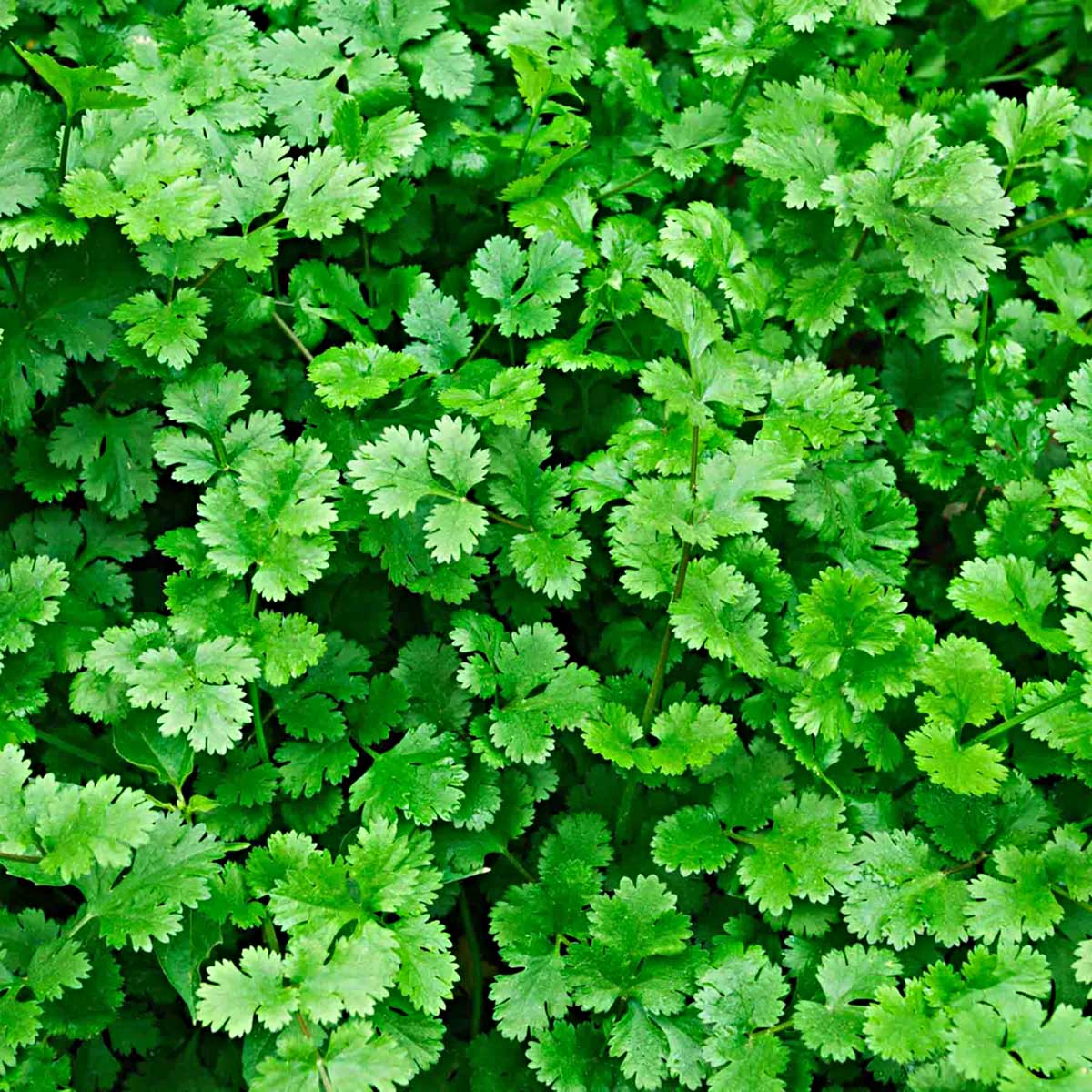
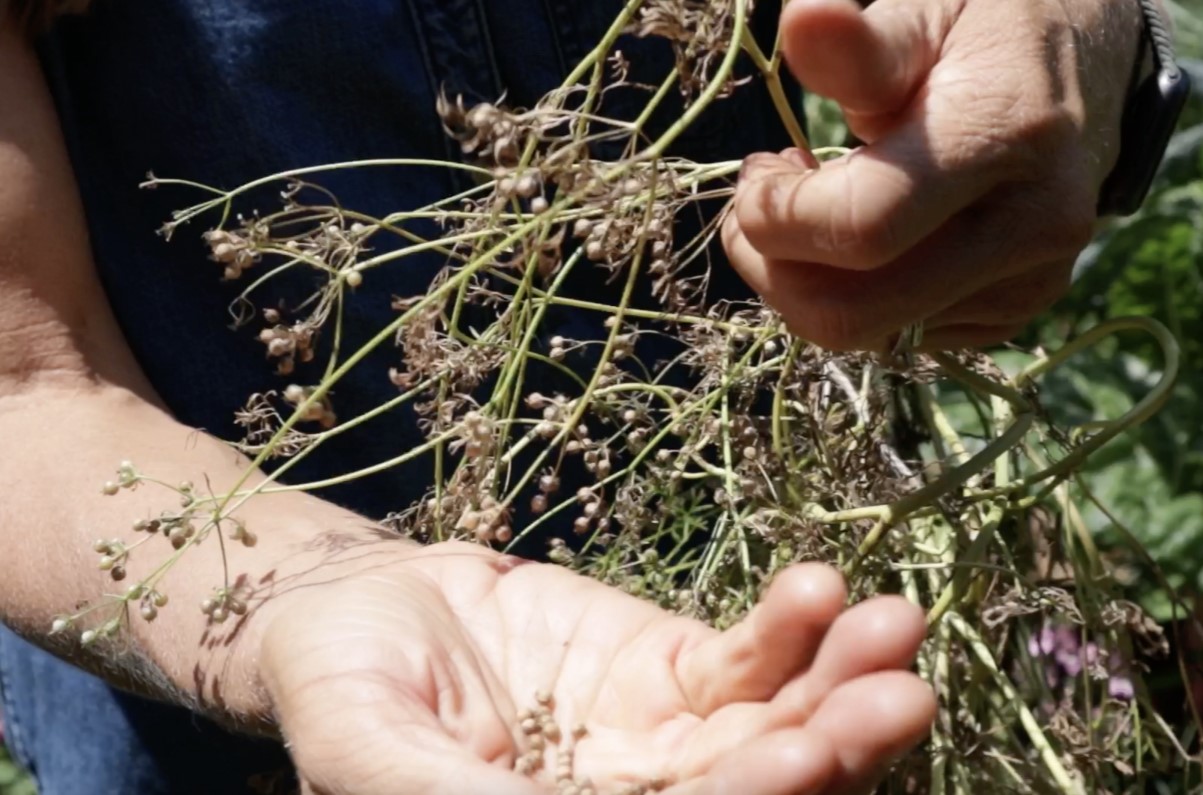
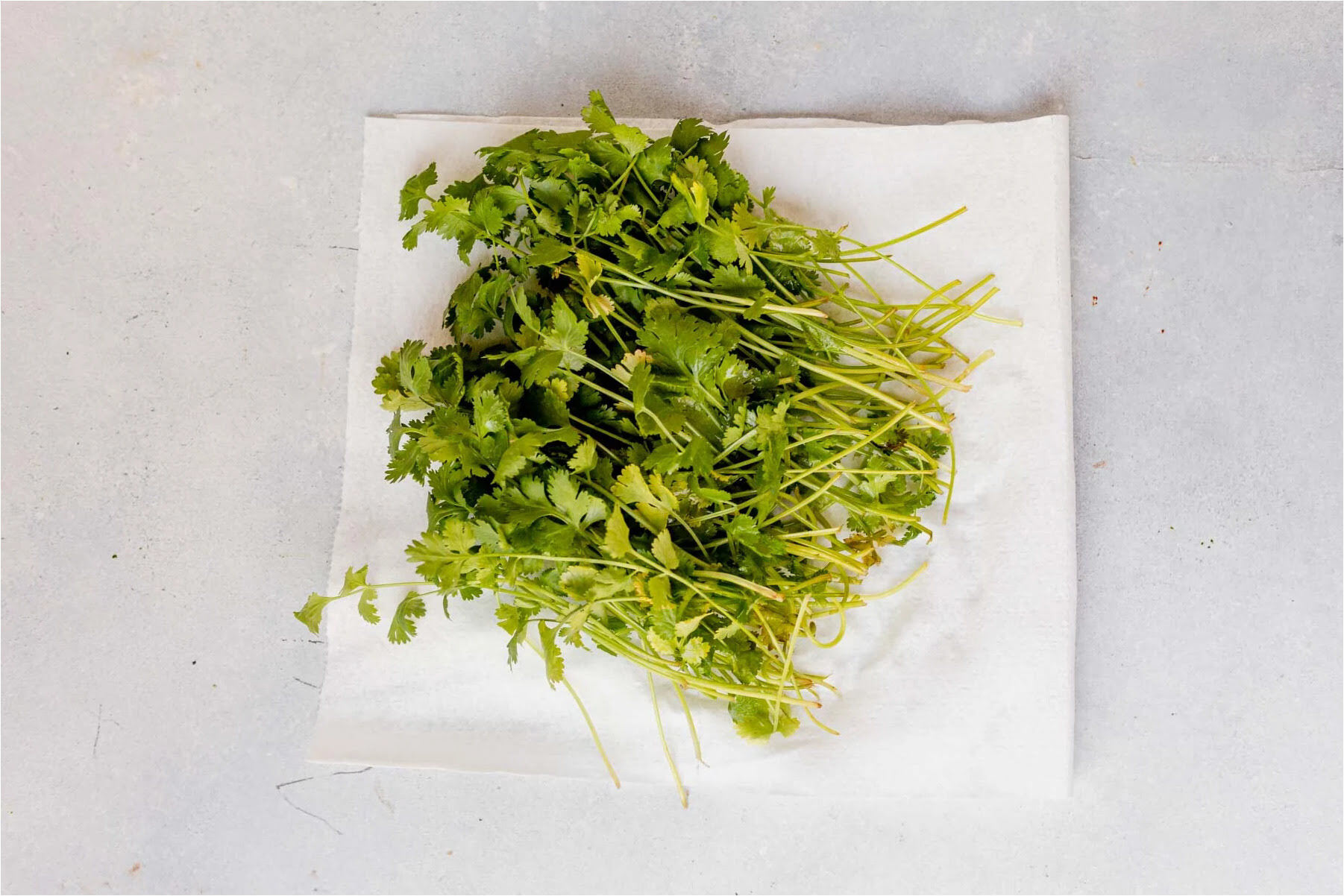
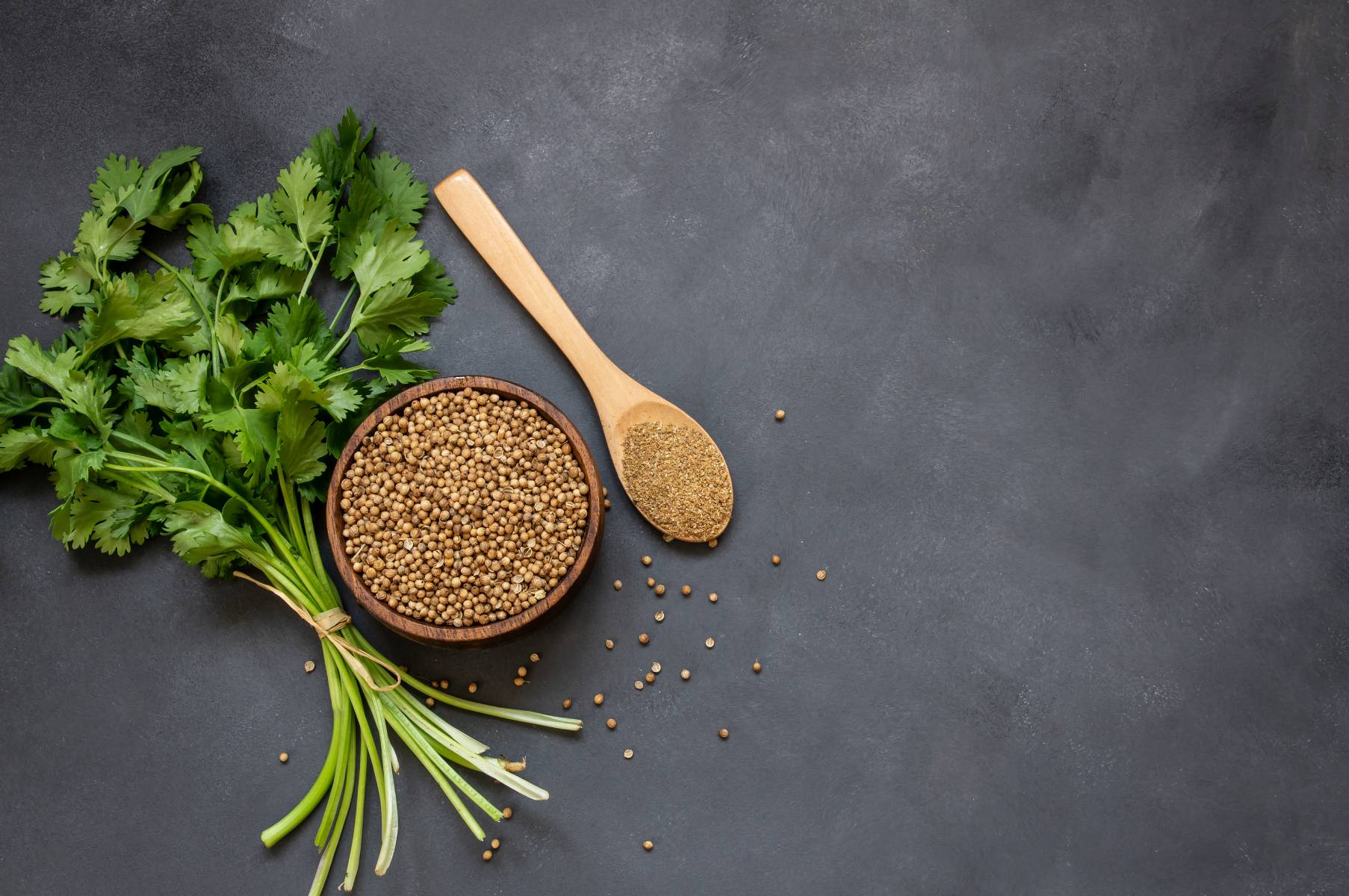
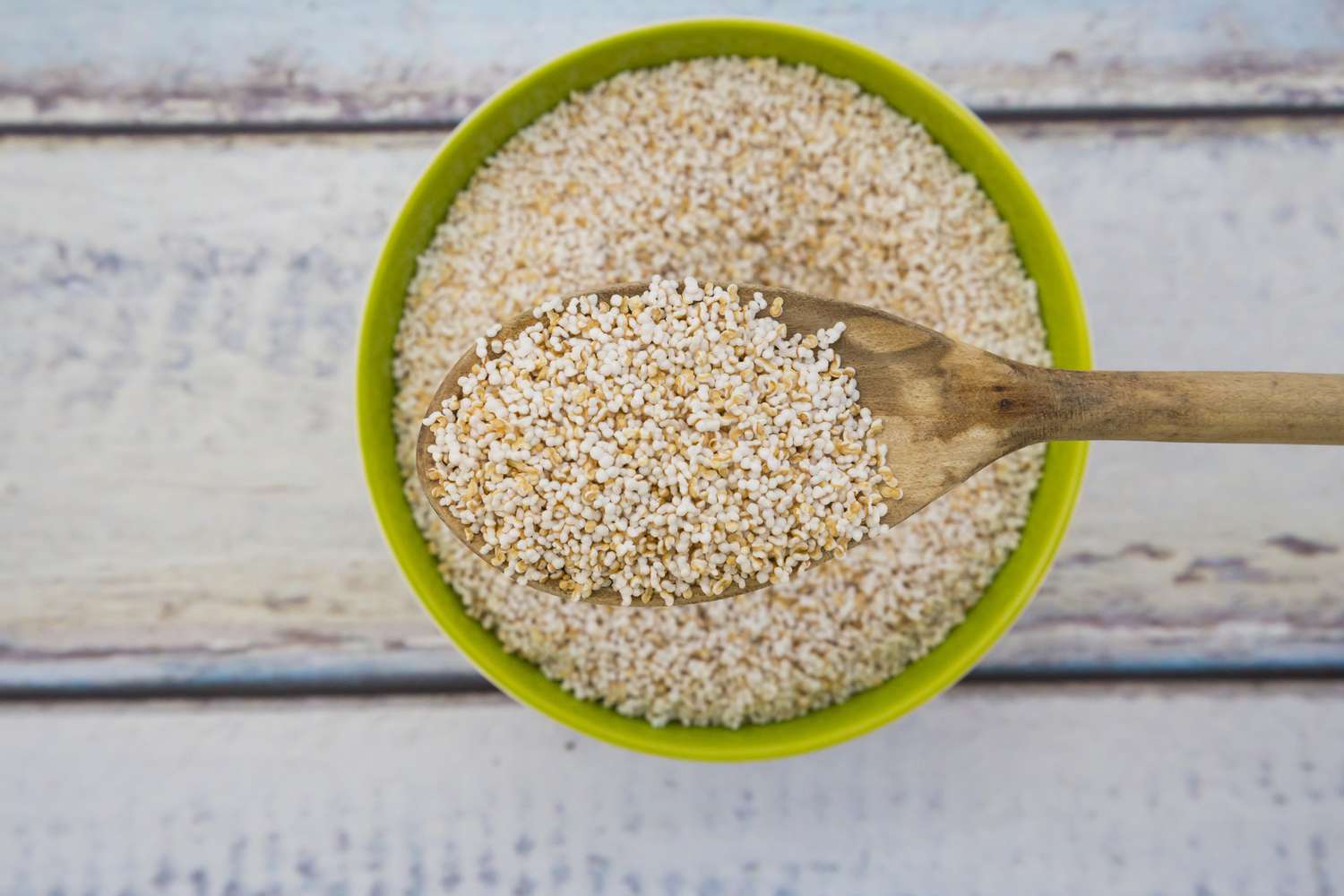
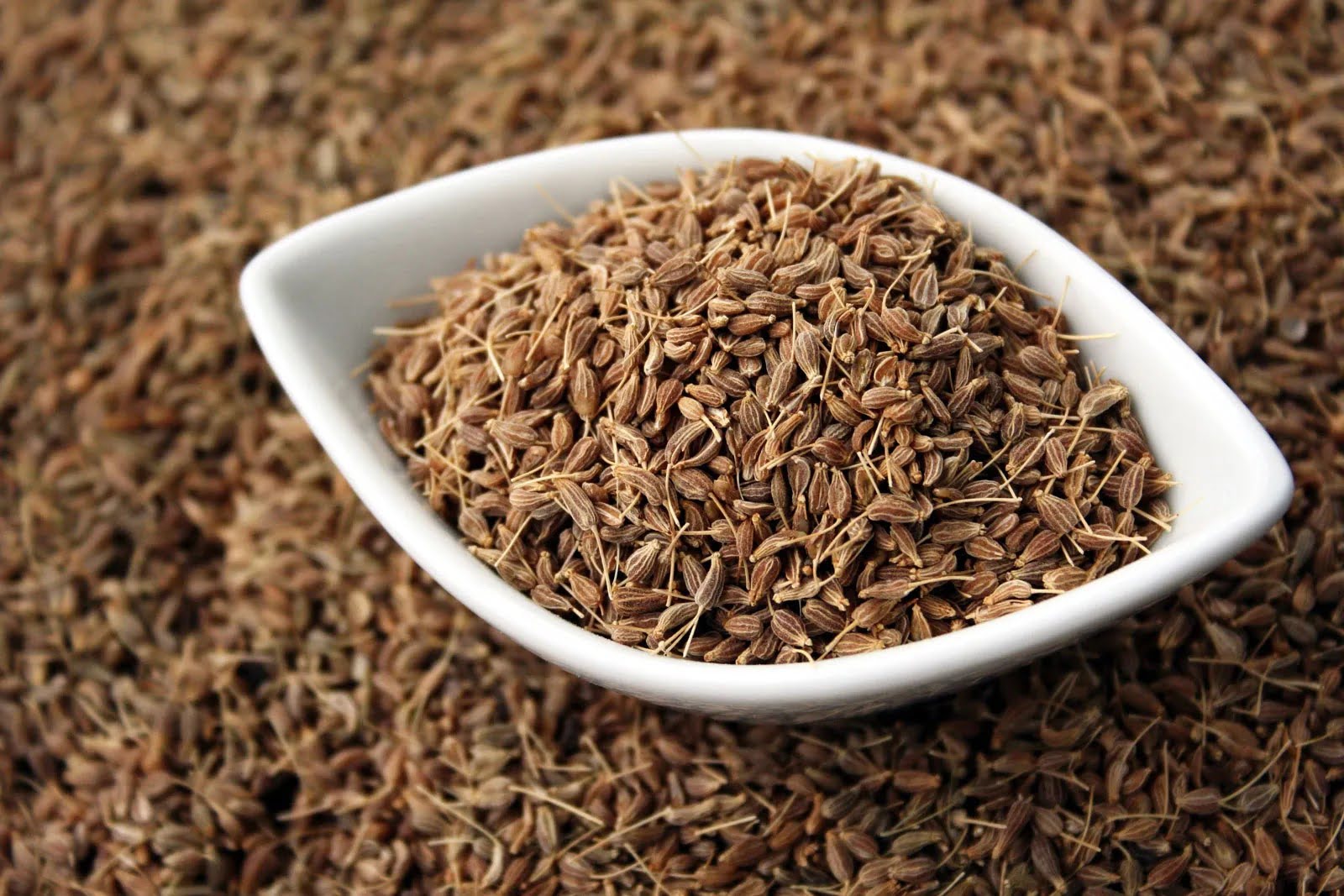
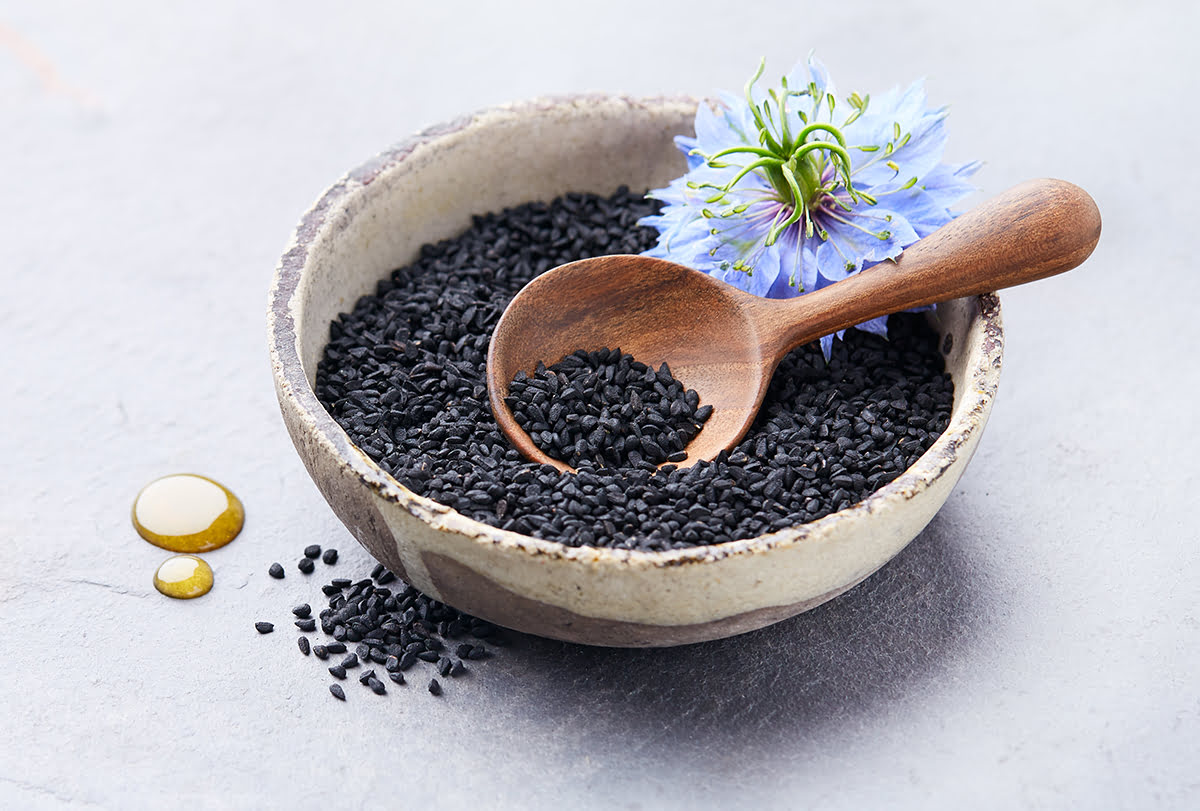
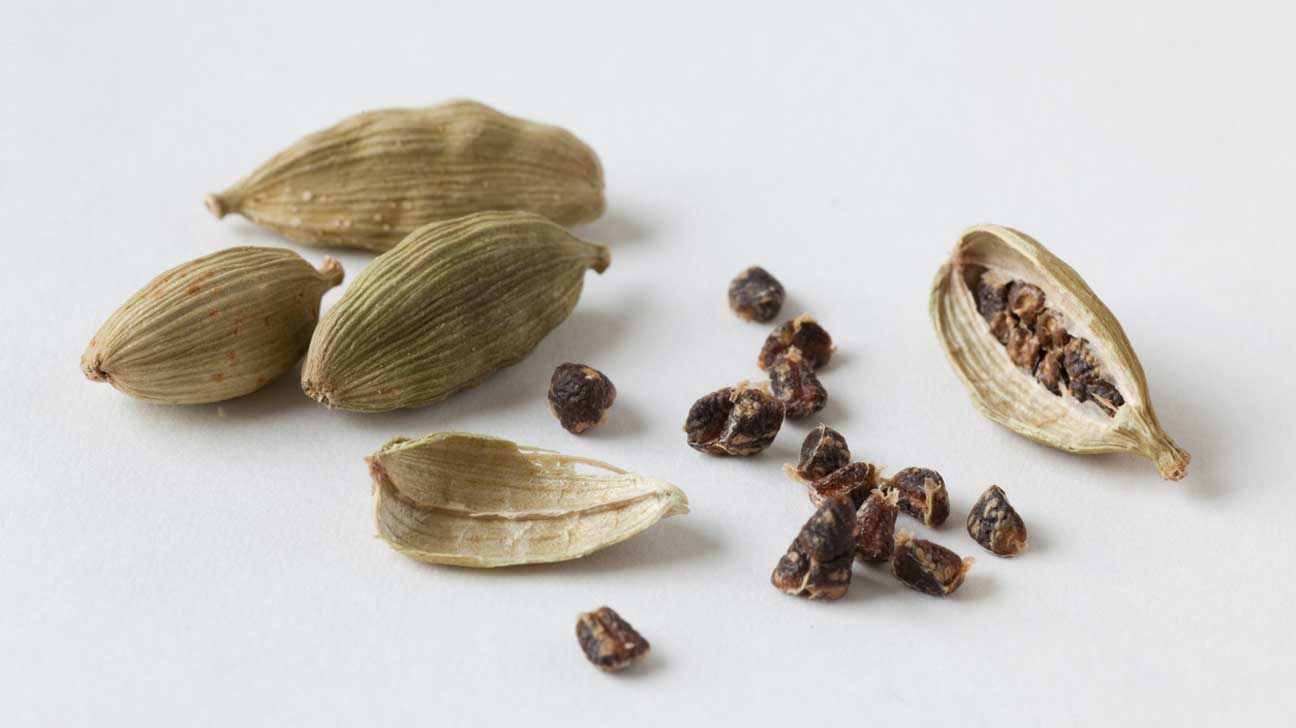
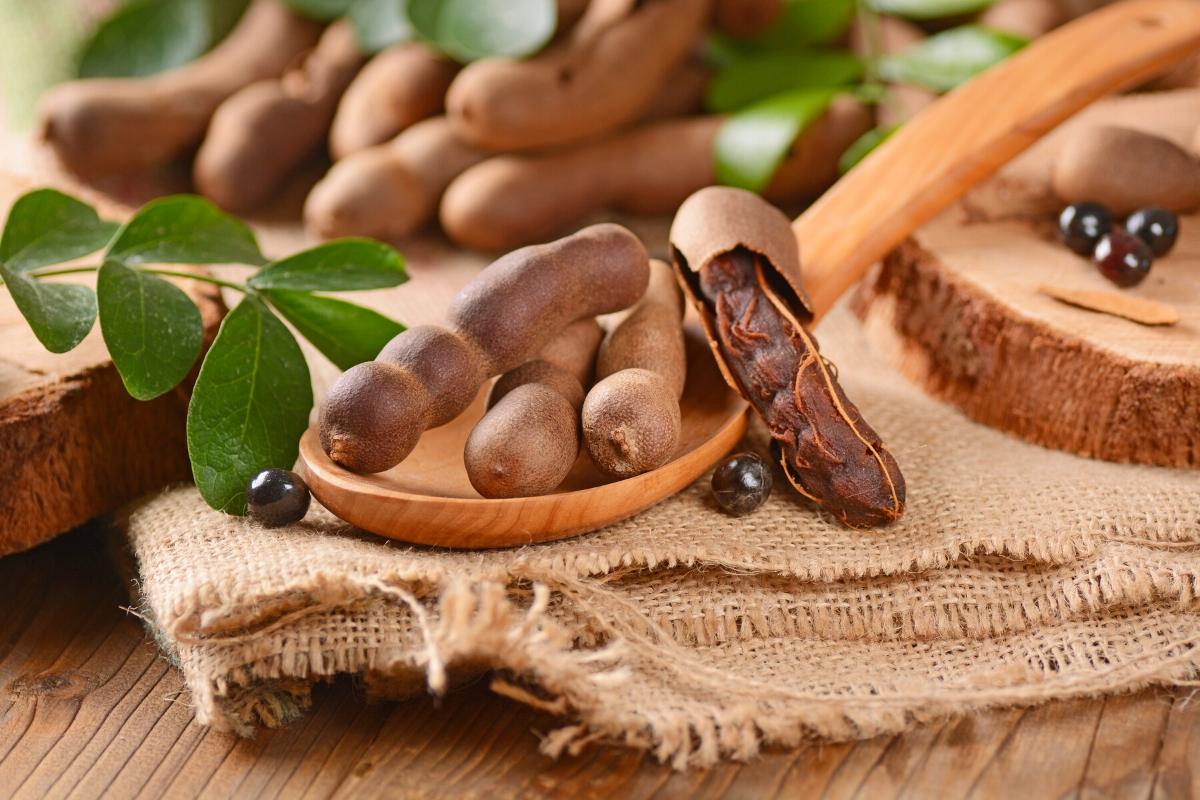
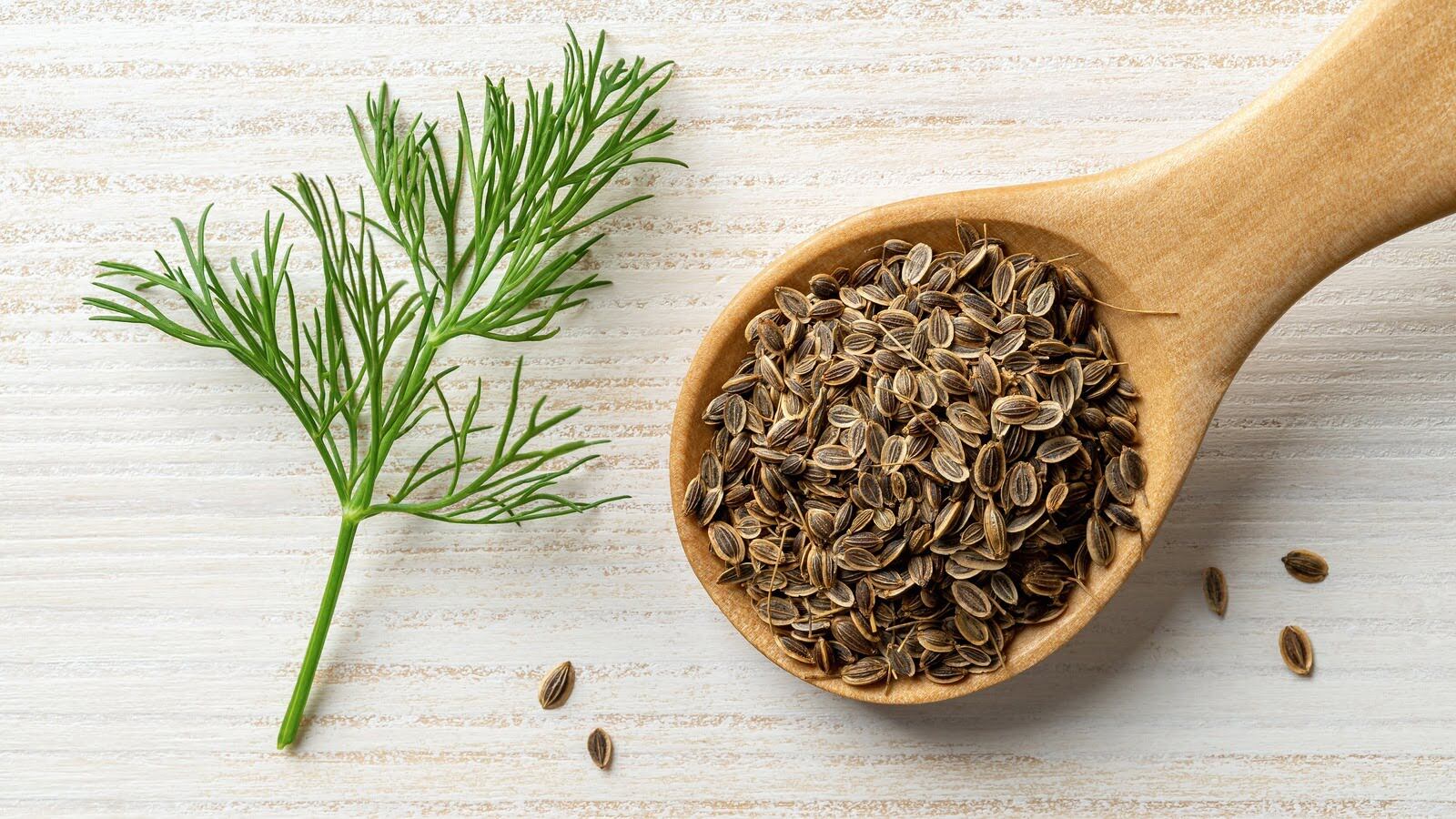
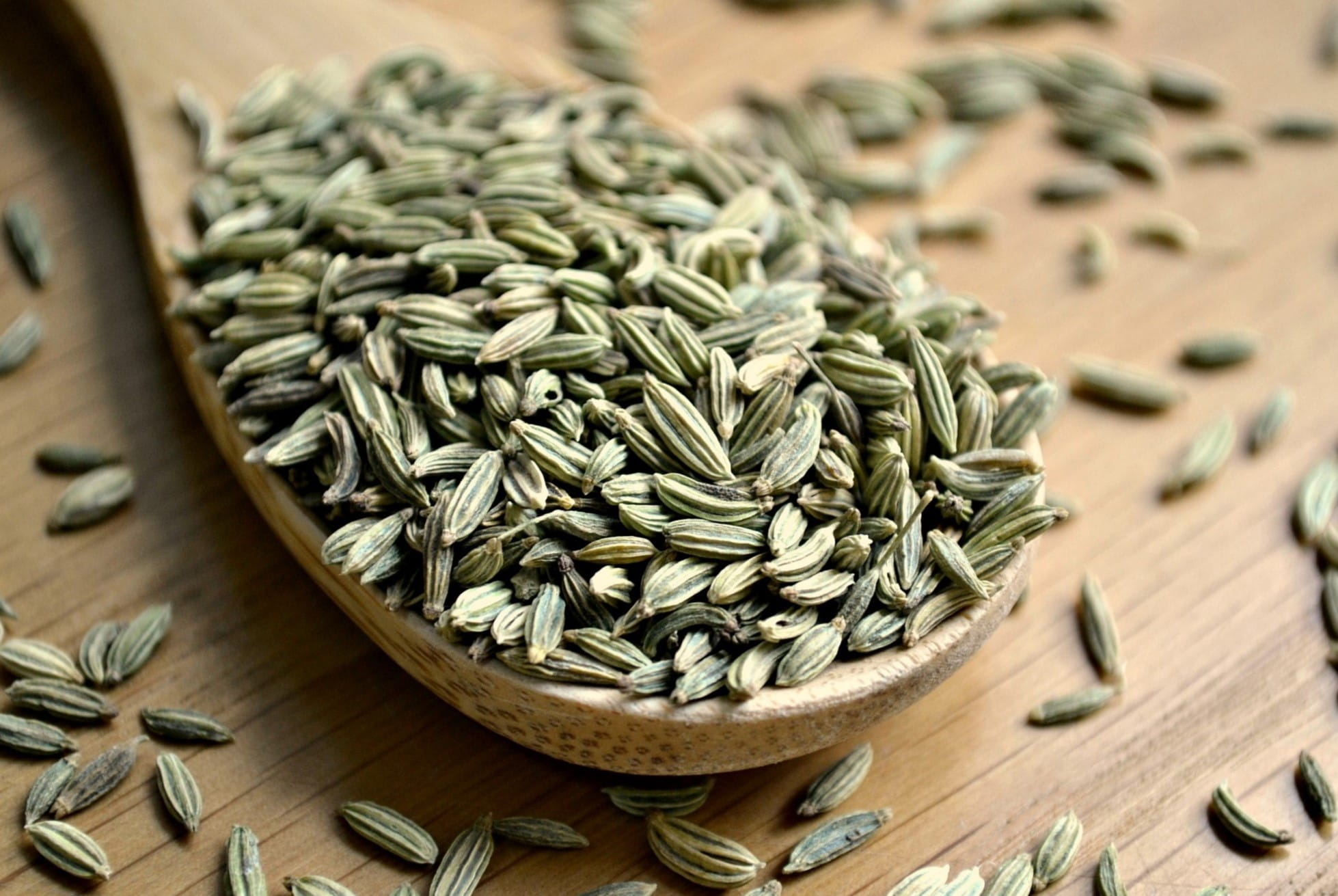
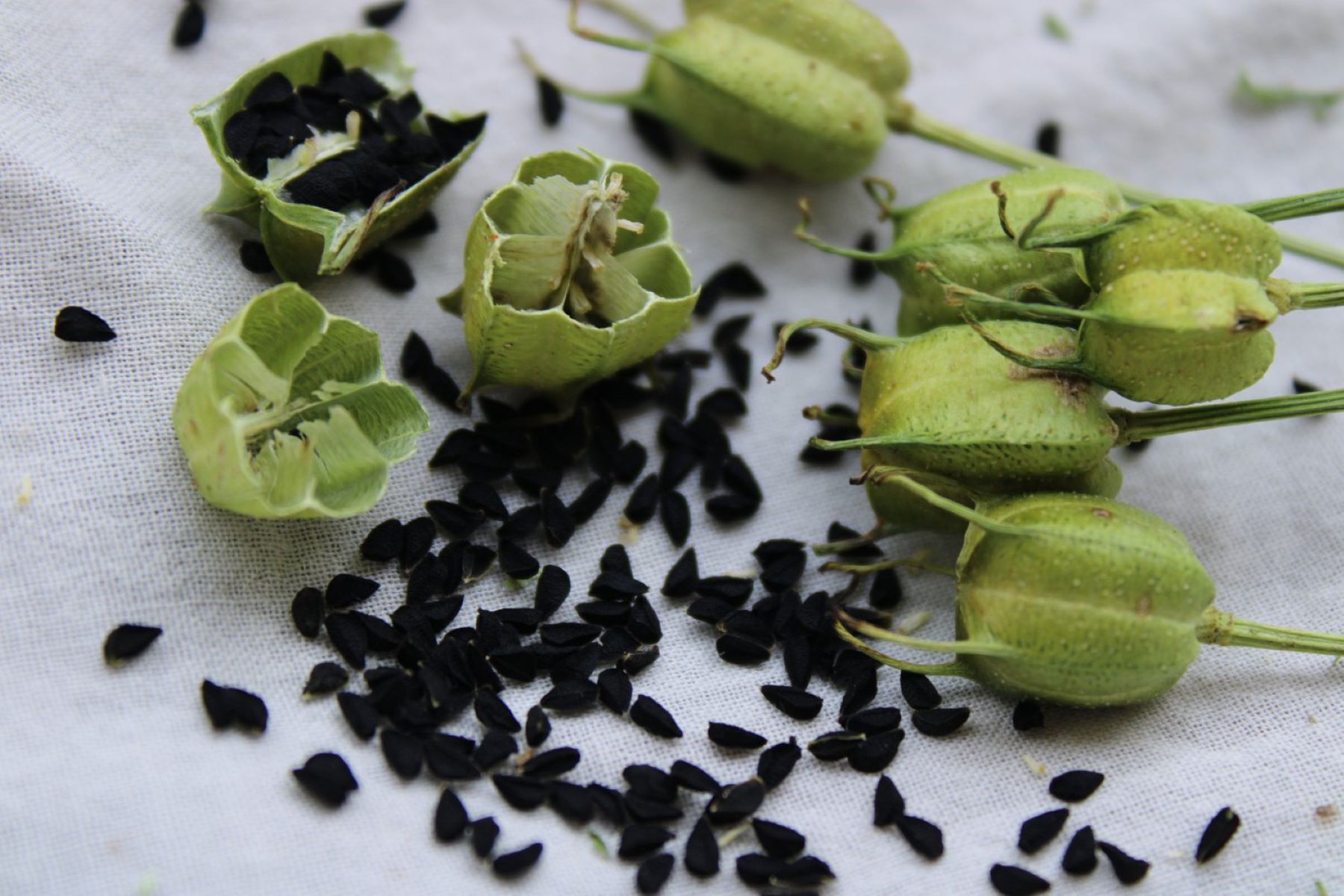
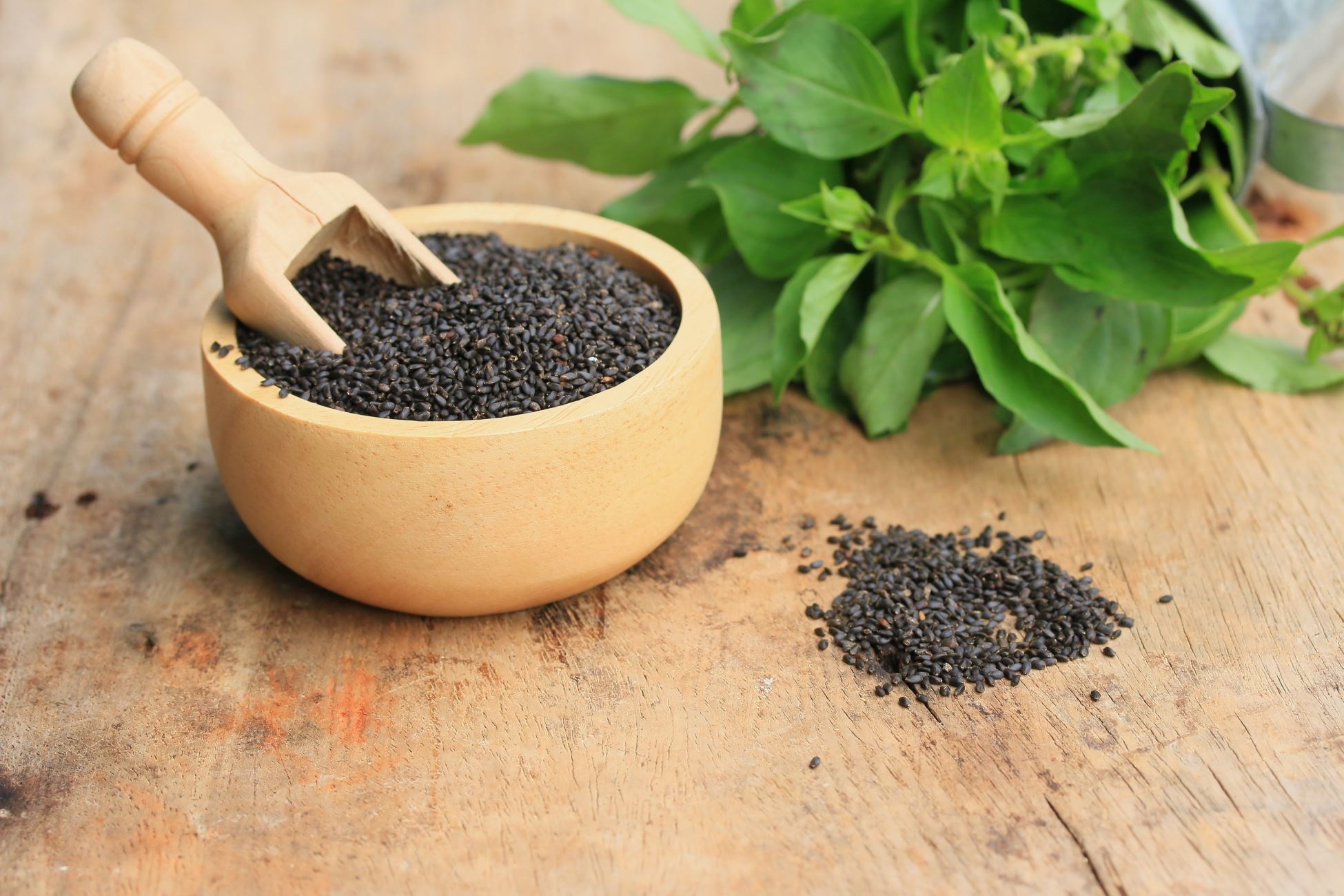

0 thoughts on “How To Use Coriander Seeds”